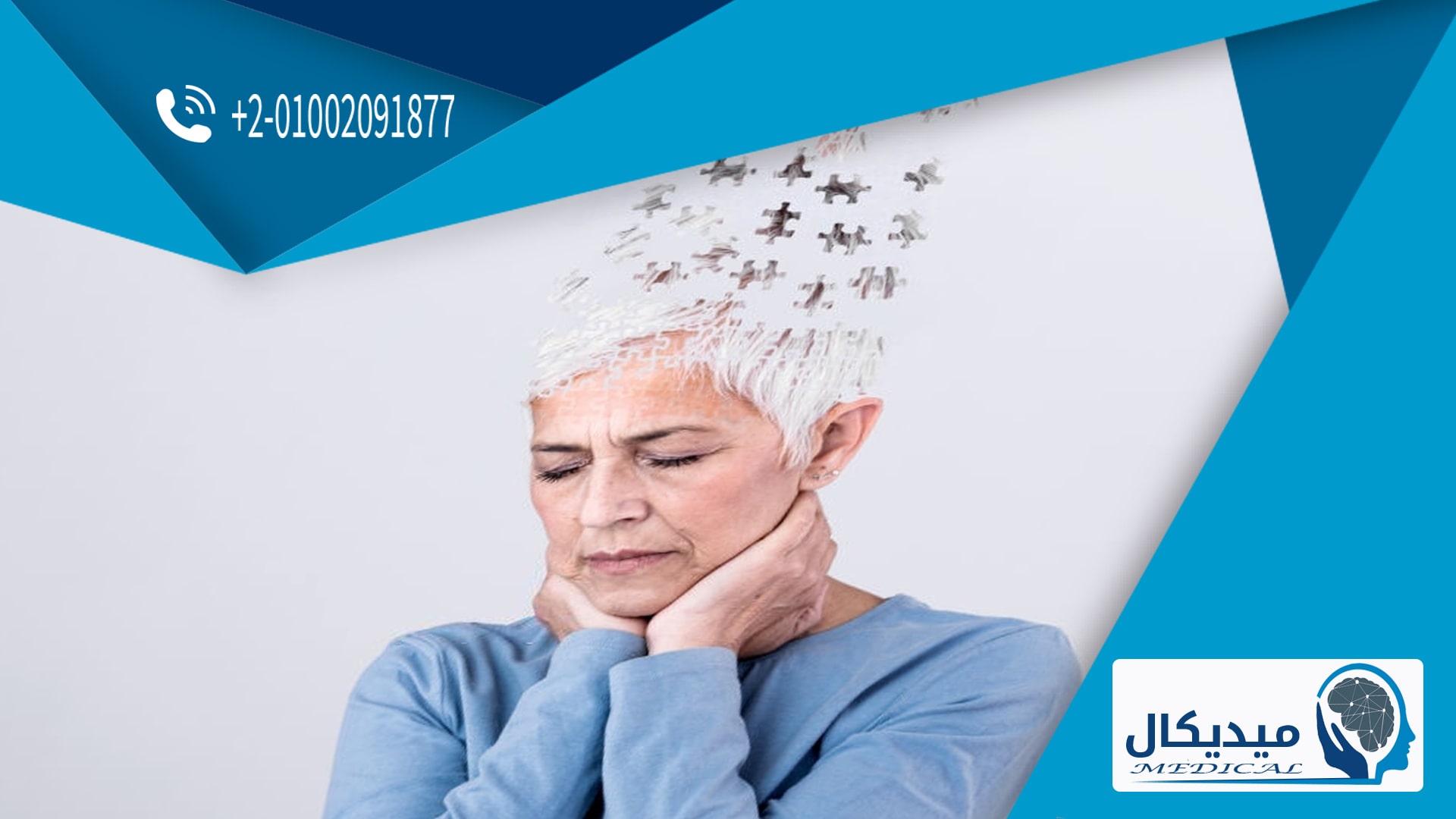Treatment of the affective disorder
Medicinal Treatments
Medicinal treatment in the case of the affective disorder is usually divided into three main groups. The choice of a physician depends on the general condition of the patient and can be described as follows:
Lithium carbonate is the most commonly used medicine for affective disorder.
Anticonvulsants, including valproate, and CARBAMAZEPINE.
Antipsychotics, including Aripiprazole, and Olanzapine.
Lifestyle regulation
Some lifestyle modifications can control the symptoms of affective disorder and reduce the likelihood of worsening of the disease such as:
Stop the use of drugs, legally prohibited substances, and alcohol, and help can be sought from health care centers if it is difficult to do so.
Making friends with people who influence the person in a positive way can help them recognize serious symptoms when they appear, as well as help.
Ensure a healthy lifestyle, including the nature of the food, the date and sleep routine, as well as exercise, but after consulting the specialist.
See your doctor and ask him about any medication or dietary supplement before taking it, because these drugs and supplements may trigger bipolar disorder attacks; and the potential impact of the drug And overlap with it.
Psychotherapy, which helps patients understand their psychological changes, accept facts and events from the past; and learn how to deal with future disorders. One of the most important methods of psychotherapy is known as cognitive_ behavioral therapy.
Electroconvulsive therapy.
Transcranial Magnetic Stimulation.
Vagal Nerve Stimulation.
